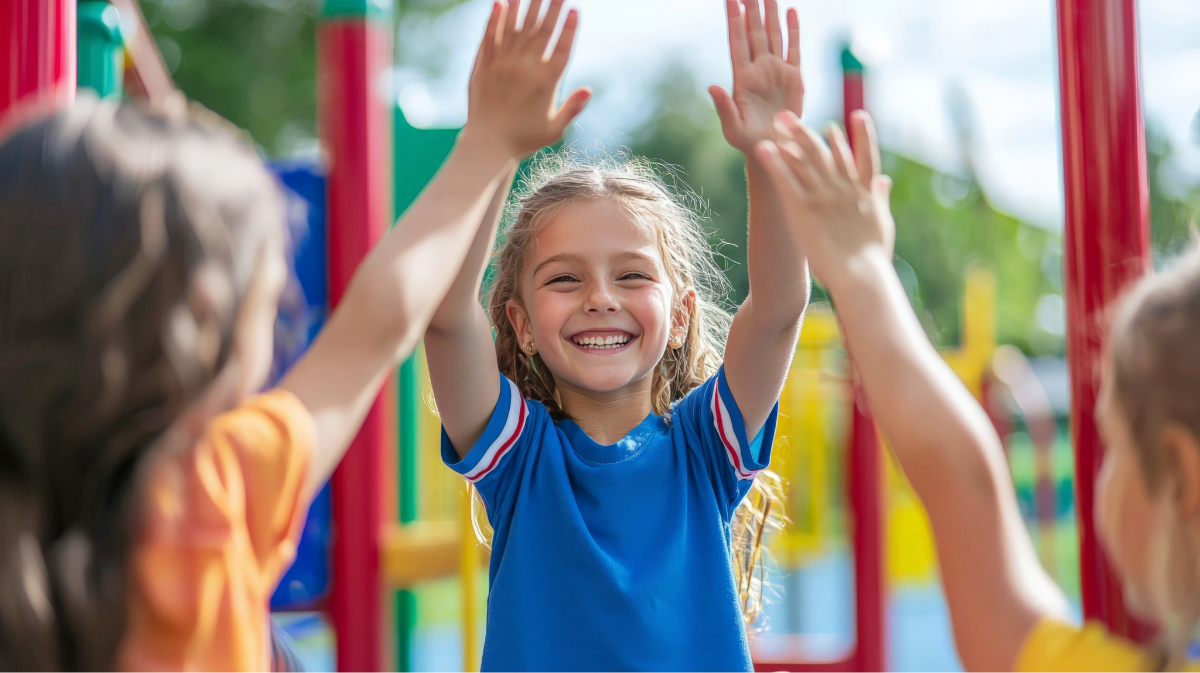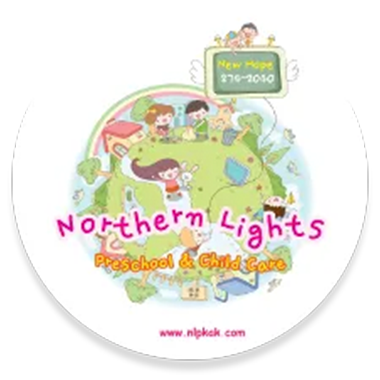
Exploring Outdoor Activities for Preschoolers
Fresh air, sunshine, and open space—there’s something magical about the outdoors, especially for young children. Outdoor play isn’t just about fun; it’s a vital part of early learning that helps preschoolers grow physically, emotionally, socially, and cognitively.
With the right mix of activities, outdoor time becomes a meaningful extension of classroom learning. Let’s explore how the great outdoors can bring out the best in your preschooler.
Why Outdoor Play Matters
When children play outside, they’re free to move, explore, and imagine. It’s a space where they can test their abilities, connect with nature, and interact with friends in new and exciting ways. Outdoor play encourages:
- Gross motor development through running, jumping, climbing, and balancing
- Problem-solving and critical thinking as children navigate new terrain or invent games
- Social growth through teamwork, turn-taking, and communication
- Emotional well-being by reducing stress and promoting joy and creativity
Outdoor play is one of the most natural and effective ways to support whole-child development.
Fun and Enriching Outdoor Activities for Preschoolers
Here are some engaging ideas that promote learning while encouraging movement and exploration:
Nature Scavenger Hunts
Create a simple list of things to find—like leaves, rocks, flowers, or feathers—and head outside to search together. This activity sharpens observation skills and encourages curiosity about the natural world.
Obstacle Courses
Use cones, jump ropes, or even chalk to set up a path where children can crawl, hop, balance, or zigzag their way through. Obstacle courses build strength, coordination, and self-confidence.
Gardening Projects
Let children dig, plant seeds, and water flowers or vegetables. Gardening teaches patience, responsibility, and a basic understanding of how living things grow.
Water Play
Offer cups, funnels, sponges, or water tables for splashing and experimenting. Water play is not only refreshing—it helps develop fine motor skills and introduces science concepts like volume and cause and effect.
Outdoor Art
Bring paint, chalk, or nature materials outside. Children can create art using leaves, sticks, or stones, or simply enjoy painting on big easel paper in the sunshine. Art outside encourages creativity in a new setting.
Group Games
Classic games like “Duck Duck Goose,” “Red Light, Green Light,” or relay races are perfect for building teamwork and following instructions while having lots of laughs.
Benefits That Last a Lifetime
Outdoor play lays the foundation for lifelong healthy habits. Children who spend time outside are often more active, more resilient, and more connected to the world around them. They develop a sense of independence and confidence that transfers to the classroom and beyond.
Encouraging outdoor activities as part of your preschooler’s daily routine is one of the most joyful and impactful ways to support their development. Whether it’s a big adventure or a simple backyard game, every moment spent outside brings new opportunities to learn, grow, and shine.
